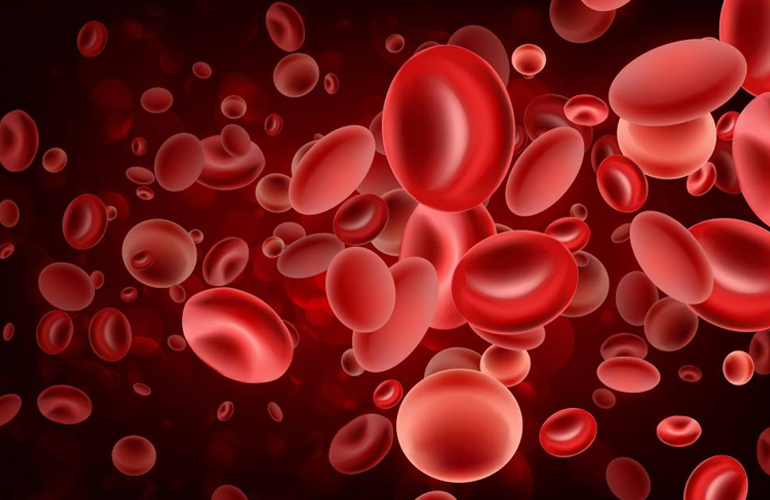Hematology
Hematology is the study of blood and blood disorders. Hematologists and hematopathologists are highly trained healthcare providers. They specialize in diseases of the blood and blood components. These include blood and bone marrow cells. Hematological tests can help diagnose anemia, infection, and hemophilia.
Hematology tests are performed by the Department of Pathology and Laboratory Medicine of the Center.
Most commonly, a panel of hematology tests includes a complete blood count, erythrocyte sedimentation rate (ESR), reticulocyte count, and bone marrow aspirate examination with a bone marrow differential count.
A complete blood count – is one of the most important diagnostic tools that shows the impact of various physiological and pathological factors on the blood-producing organs. Blood tests play major role in establishing the diagnosis; and they are essential to diagnose a blood disease.
A complete blood count is performed in several steps. At first, blood samples are analyzed using a hematology analyzer to estimate concentration of hemoglobin, and to count erythrocytes, leukocytes and thrombocytes and other parameters. Then, blood spread on a microscope slide is examined under a light microscope (if necessary) to perform differentiation and measurement of percentage of different leukocyte subsets and to evaluate blood cell morphology.
The erythrocyte sedimentation rate (ESR) – is a non-specific measure of inflammation, and is used for a differential diagnosis for oncological diseases, endocrine disorders and other conditions; it is also used to monitor the progress of a disease.



